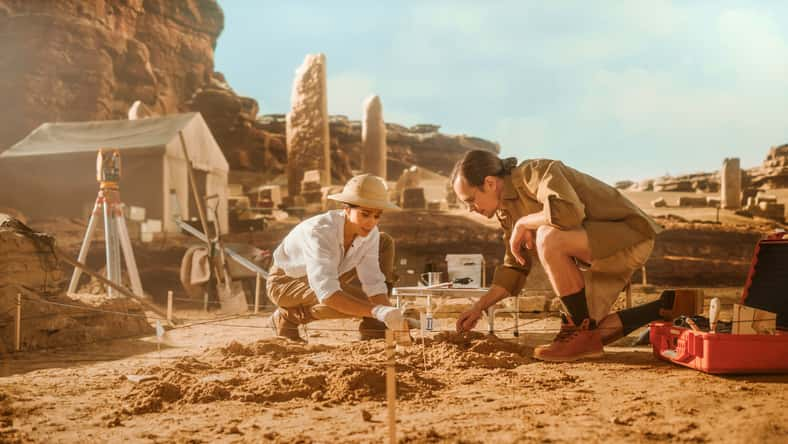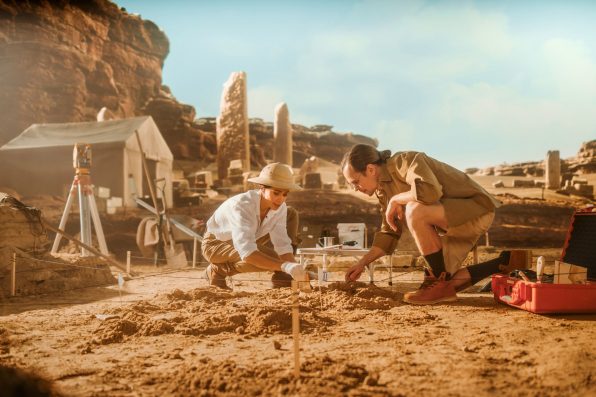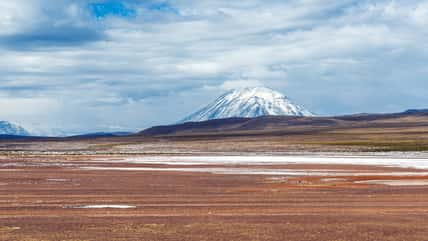What Doesn’t Kill Us May Really Make Us Stronger, Since Ancient Human Civilizations That Faced More Setbacks Were Quicker To Recover From Hardship

Do you know that phrase “what doesn’t kill you makes you stronger?” It turns out that the quote may have a ring of truth to it. According to a new analysis, ancient human civilizations that experienced more setbacks were quicker to recover from hardships than other societies.
“The more often a population experiences disturbances or downturns, the more likely it is to be able to recover faster the next time around,” Philip Riris, the lead author of the study and an archaeologist from Bournemouth University in the United Kingdom, said.
Riris and his research team looked at civilizations around the world from across 30,000 years of history. They found that the relationship between hardships and resilience was the most prevalent among early farmers and herders.
Throughout history, agricultural communities experienced more hard times than other societies, such as hunter-gatherer groups. However, they also recovered from the setbacks at a more rapid rate.
The researchers collected data from 16 different archaeological sites from various parts of the globe, spanning from South Africa to Canada. The data dates back as far as 30,000 years ago.
To determine the periods of decline and recovery, the researchers studied the results of radiocarbon dating from each site. Radiocarbon dating provides an age for organic materials based on the decay of a radioactive form of carbon called carbon-14.
Most of the downturns took place over a period of decades or longer. They were also caused by a number of things, ranging from societal upheaval to environmental changes.
In some cases, the researchers could specify the crisis that occurred. For example, a cold snap in Norway led to the loss of crops.
According to Riris, farmers and herders were more susceptible to disaster, but they were also in a good position to recover from said disasters.

Gorodenkoff – stock.adobe.com – illustrative purposes only, not the actual people
“The winners [after a disturbance], either they’re just lucky, or they have some sort of technology or practice or behavior or social institution that means that they did better during the crisis,” said Riris. “As a result, they’re more likely to pass down that learning, that aspect of culture that will enable their descendants to do better down the line.”
The findings of the study align with the research that has been done in other specific historical cases. For instance, an associate professor at Georgetown University named Dagomar Degroot researched resilience in the Dutch Republic while they were undergoing the Little Ice Age in the 17th century.
Currently, it is unclear whether the findings can be applied to modern humans since all the societies in the study were from the preindustrial era and don’t really correspond with the way the world works today.
Still, it’s important to be able to look for patterns in societies that may help us learn about or even improve our own.
The study was published in the journal Nature.
Sign up for Chip Chick’s newsletter and get stories like this delivered to your inbox.
More About:News





